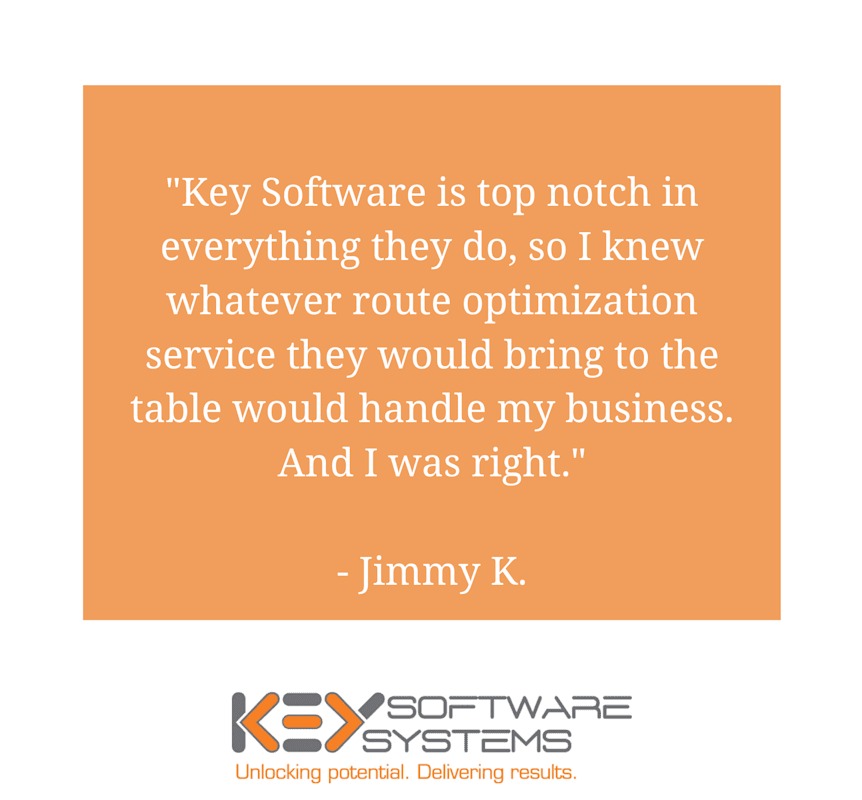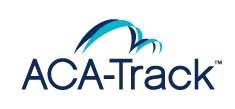
Introduction:
In the dynamic world of business, managing human resources efficiently has become a crucial aspect of organizational success. This is where HRMS company come into play, providing comprehensive solutions that streamline HR processes and enhance overall productivity. This article explores the vital role of HRMS companies, the benefits they offer, and how they are transforming the HR landscape.
The Role of HRMS Company:
HRMS company specialize in developing and providing Human Resource Management Systems (HRMS) that cater to various HR functions. These systems integrate core HR tasks, such as employee data management, payroll, benefits administration, time and attendance tracking, recruitment, performance management, and compliance. By offering a unified platform, HRMS companies enable businesses to manage their workforce efficiently and effectively.
One of the primary goals of HRMS companies is to automate routine HR tasks, reducing the administrative burden on HR professionals. This automation allows HR teams to focus on strategic activities, such as talent management, employee engagement, and organizational development. By leveraging advanced technologies, HRMS companies provide tools that offer insights into workforce trends, helping businesses make data-driven decisions.
Benefits of HRMS Company:
1. Streamlined HR Processes:
HRMS company provide solutions that streamline HR processes, from hiring and onboarding to performance evaluations and offboarding. This integration ensures a seamless flow of information and reduces the likelihood of errors, leading to more efficient HR operations.
2. Improved Data Accuracy:
By centralising employee data, HRMS company ensure that all HR information is accurate and up-to-date. This accuracy is crucial for payroll processing, compliance reporting, and decision-making. It also minimises the risk of data discrepancies that can lead to costly errors.
3. Enhanced Employee Experience:
HRMS company offer self-service portals that allow employees to access their information, such as pay stubs, benefits details, and performance reviews. This accessibility empowers employees to manage their HR-related tasks independently, improving their overall experience and satisfaction.
4. Scalability and Flexibility:
The solutions provided by HRMS companies are scalable and can grow with the organisation. Whether a company is a small startup or a large enterprise, these systems can be customised to meet specific needs and accommodate business growth. The flexibility of HRMS solutions ensures that businesses can adapt to changing HR requirements without overhauling their entire system.
5. Data-Driven Insights:
HRMS company offer robust analytics and reporting features that provide valuable insights into various aspects of the workforce. These insights help HR professionals identify trends, such as employee turnover rates, training needs, and performance metrics. By analyzing this data, businesses can make informed decisions that align with their strategic goals.
6. Compliance and Security:
Staying compliant with labour laws and regulations is a critical aspect of HR management. HRMS companies ensure that their solutions adhere to the latest legal requirements, helping businesses avoid penalties and legal issues. Additionally, these systems incorporate advanced security measures to protect sensitive employee data.
7. Cost Savings:
While investing in an HRMS may seem like a significant expense, the long-term cost savings are substantial. HRMS company help businesses reduce administrative costs, minimize errors, and improve overall efficiency. The automation of HR tasks also frees up valuable time for HR professionals, allowing them to focus on more strategic initiatives.
Here’s more: Know These Top 5 Emerging Trends Of HRMS Management System
Key Features of HRMS Solutions:
1. Employee Data Management:
Centralized databases for storing and managing employee information, including personal details, employment history, and job roles.
2. Payroll and Benefits Administration:
Automated payroll processing, tax calculations, and benefits management, ensuring accurate and timely compensation for employees.
3. Recruitment and Onboarding:
Tools for managing job postings, applicant tracking, and new hire onboarding, streamlining the hiring process.
4. Performance Management:
Features for setting performance goals, conducting evaluations, and providing feedback, facilitating continuous employee development.
5. Time and Attendance Tracking:
Systems for monitoring employee attendance, leave management, and work hours, ensuring accurate timekeeping.
6. Learning and Development:
Learning management systems (LMS) that offer training courses, certifications, and development programs.
Choosing the Right HRMS Company:
1. Reputation and Experience:
Look for HRMS company with a proven track record and positive customer reviews. Experience in the industry is a good indicator of the company’s reliability and expertise.
2. Customization and Integration:
Ensure that the HRMS solutions offered by the company can be customized to meet your specific needs. Additionally, check if the system can integrate with other business software, such as ERP or CRM systems.
3. User-Friendly Interface:
The ease of use of the HRMS is critical for both HR professionals and employees. A user-friendly interface ensures a smooth adoption process and minimizes the need for extensive training.
4. Customer Support:
Reliable customer support is essential for addressing any issues that may arise during the implementation and use of the HRMS. Choose a company that offers comprehensive support services.
5. Security and Compliance:
Verify that the HRMS company follows best practices for data security and compliance. This includes data encryption, access controls, and regular security audits.
6. Scalability:
As your business grows, your HRMS needs may change. Choose an HRMS company that offers scalable solutions that can grow with your organisation.
Conclusion:
In conclusion, HRMS company play a pivotal role in modernizing HR management by providing comprehensive solutions that streamline processes, enhance data accuracy, and improve employee experiences. The benefits of partnering with a reputable HRMS company are numerous, including cost savings, data-driven insights, and compliance assurance. As businesses continue to evolve, the demand for efficient and scalable HRMS solutions will only increase. By carefully selecting the right HRMS company, organizations can optimize their HR operations, support business growth, and foster a productive and engaged workforce.



